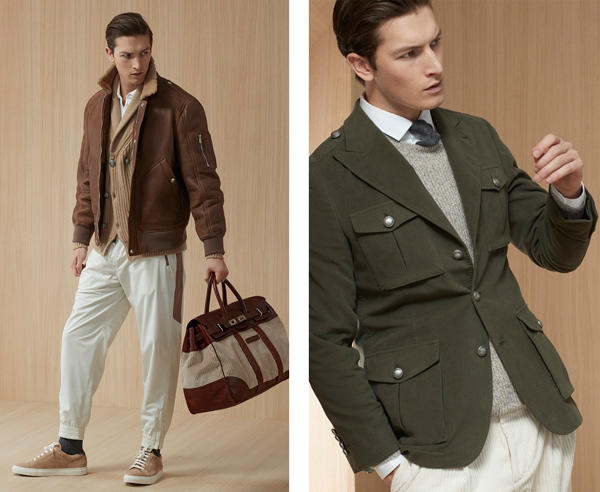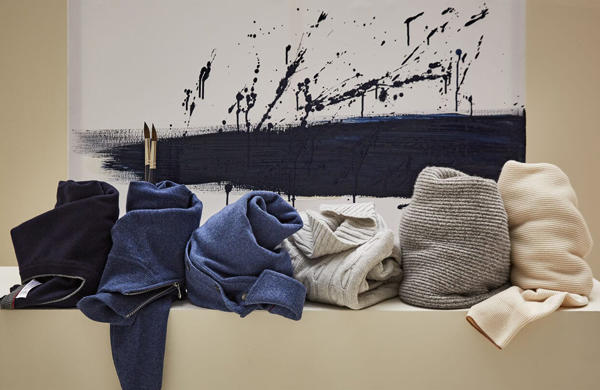
THE PHILOSOPHER, DESIGNER AND VISIONARY REDEFINING LUXURY
Ancient roots and utopian futures dovetail in Brunello Cucinelli’s template for luxury
Brunello Cucinelli is stacking up some serious accolades. The luxury Italian brand was the rumored go-to for Steve Jobs, equipping the tech pioneer with his trademark black polo neck fine cashmere sweater. Since then, Cucinelli has continued to dress the world’s one-percenters, who consider the upscale knits (which take two months to make) and superfine unstructured suiting as exceptionally luxurious. But customers can also be assured that garments are made with sustainable values at the heart of the brand.
The business started in seedling form more than 40 years ago, as Cucinelli set about making 53 vividly hued cashmere sweaters that became a sell-out in northern Italian boutiques. The rainbow range felt new in a landscape dominated by tasteful neutrals. “I felt like Alexander the Great,” says Cucinelli of the early success that led to him forming his eponymous company in 1978. Now, with men’s, women’s and lifestyle lines, Cucinelli employs over 1,300 people, many of whom work from the company’s HQ in the medieval hamlet of Solomeo, part of the verdant Umbrian province known as the “green heart” of Italy.


